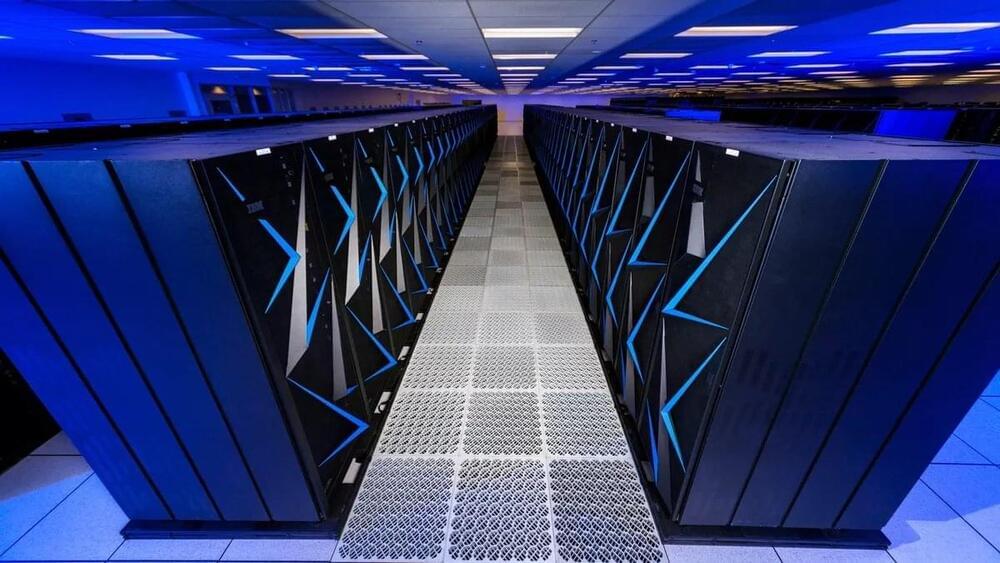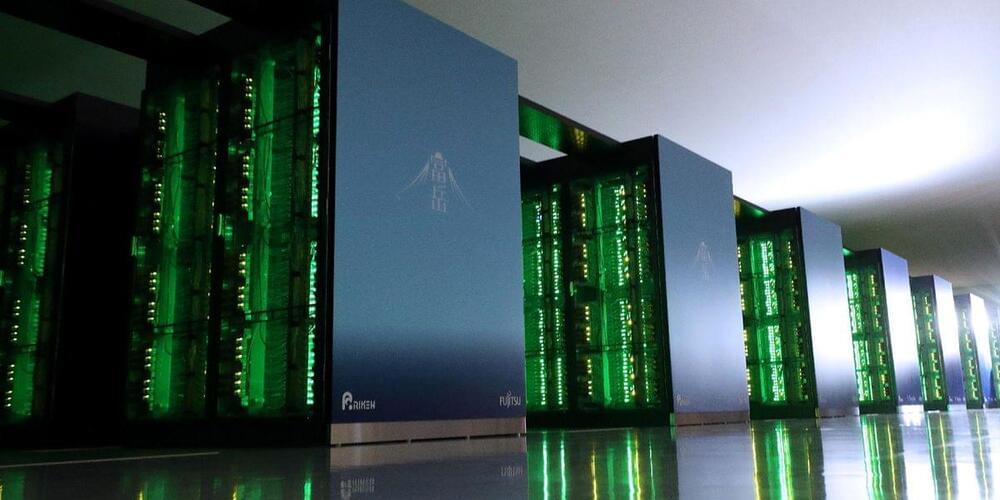Dec 2, 2021
Microsoft’s Azure AI Supercomputer delivers record MLPerf benchmarks
Posted by Shubham Ghosh Roy in categories: robotics/AI, supercomputing
Recently, Microsoft Azure joined the Top 10 club of the TOP500 super computer rankings by delivering 30.05 Petaflops. It was based on Microsoft’s recently announced Azure NDm A100 80GB v4, available on demand. These Azure NDm A100 v4 instances are powered by NVIDIA GPU acceleration and NVIDIA InfiniBand networking.
Microsoft today highlighted the latest (December 2021) MLPerf 1.1 results in which Azure delivered the #2 performance overall and the #1 performance by a cloud provider.


















